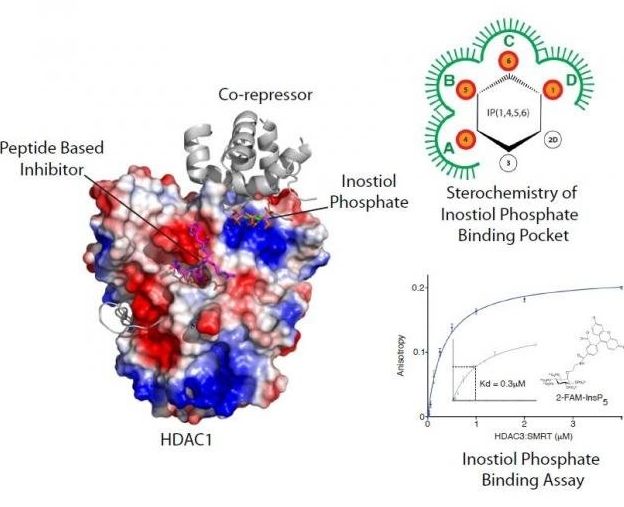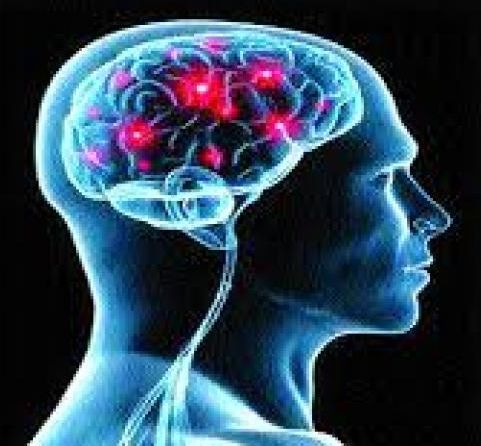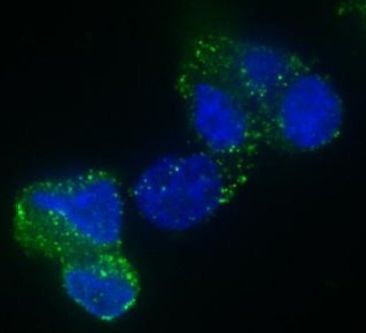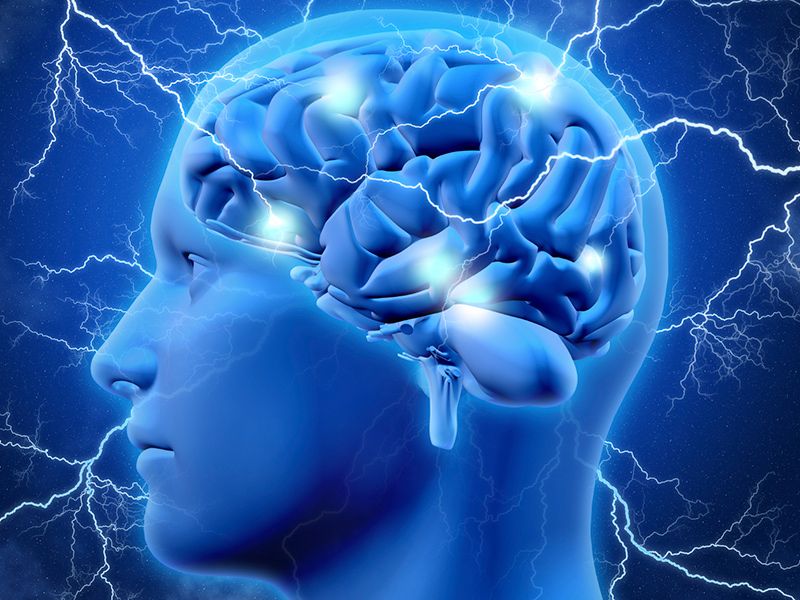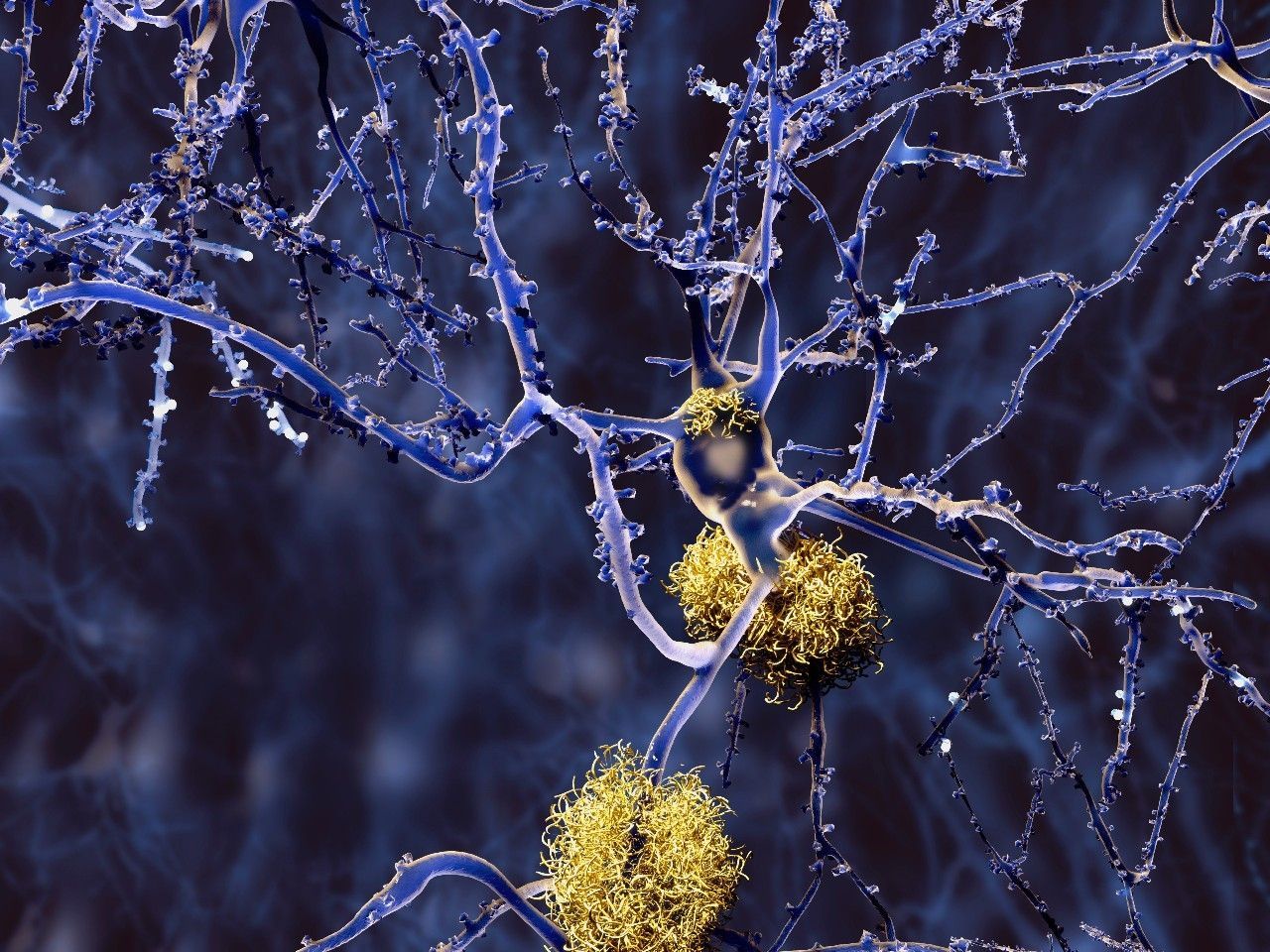Apr 26, 2016
Kids’ cancer risk might be tied to where mom was born
Posted by Karen Hurst in categories: biotech/medical, genetics, health, neuroscience
Hmmm; I do know for many there is a set of genetic mutations that seem to sit dormat and eventually triggered by environment conditions.
(Reuters Health) — The risk of some childhood cancers might vary depending on where a child’s mother was born, a new study suggests.
For example, some brain and kidney cancers occurred less often in children whose Hispanic mothers were born outside the U.S. than in youngsters whose Hispanic or white mothers were born in the U.S., researchers found.
Continue reading “Kids’ cancer risk might be tied to where mom was born” »

